Radiotherapy after surgery is a treatment to reduce the risk of cancer coming back, but the larger the tumor, the lower the success rate.
Now, Japanese scientists have found a way to solve this problem. They used hydrogen peroxide (H 2 O 2 ). This substance creates a toxic environment for cancer cells. When injected into the tumor, H 2 O 2 weakens the cells, making them more susceptible to radiation therapy.
Early Japanese studies of breast cancer patients treated with a new treatment called Kochi Oxydol Radiotherapy for Unresectable Tumors (KORTUC) found that injecting H 2 O 2 along with radiation therapy was more successful in shrinking tumors. In the study, published in the medical journal Molecular and Clinical Oncology , injecting H 2 O 2 along with radiation therapy caused breast tumors to shrink by an average of 97 percent — 300 percent more than conventional radiation therapy, according to the Daily Mail .
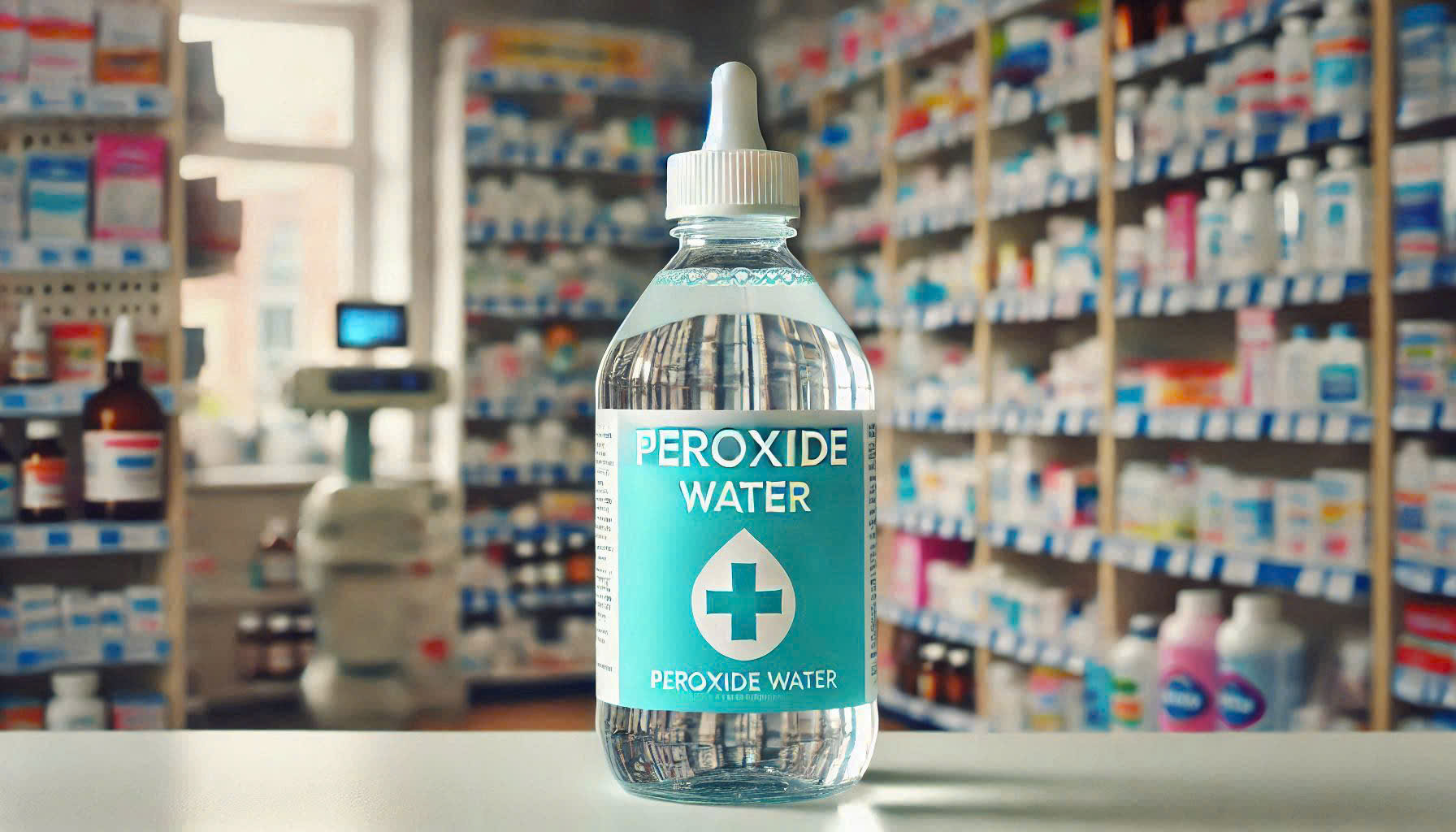
Hydrogen peroxide can create a toxic environment for cancer cells.
Another study from the Royal Marsden Cancer Hospital, part of the UK National Health Service, involved 12 patients with inoperable breast tumors who were given H 2 O 2 injections twice a week for 3 weeks before radiotherapy. The results showed that this method helped control tumor growth for up to 2 years.
Dr Navita Somaiah, clinical oncologist at the Royal Marsden Hospital, said the treatment could be applied to a wide range of cancers.
A study published in the International Journal of Radiation Oncology, Biology and Physics also showed that in patients who did not respond to treatment, radiation therapy combined with H 2 O 2 injection helped control tumor growth within 12 - 24 months.
Dr Somaiah said: H 2 O 2 is a cheap, easy-to-find compound, and studies show that it can increase the effectiveness of radiotherapy. Hopefully this solution will help many breast cancer patients to be treated more effectively or even open up new methods.
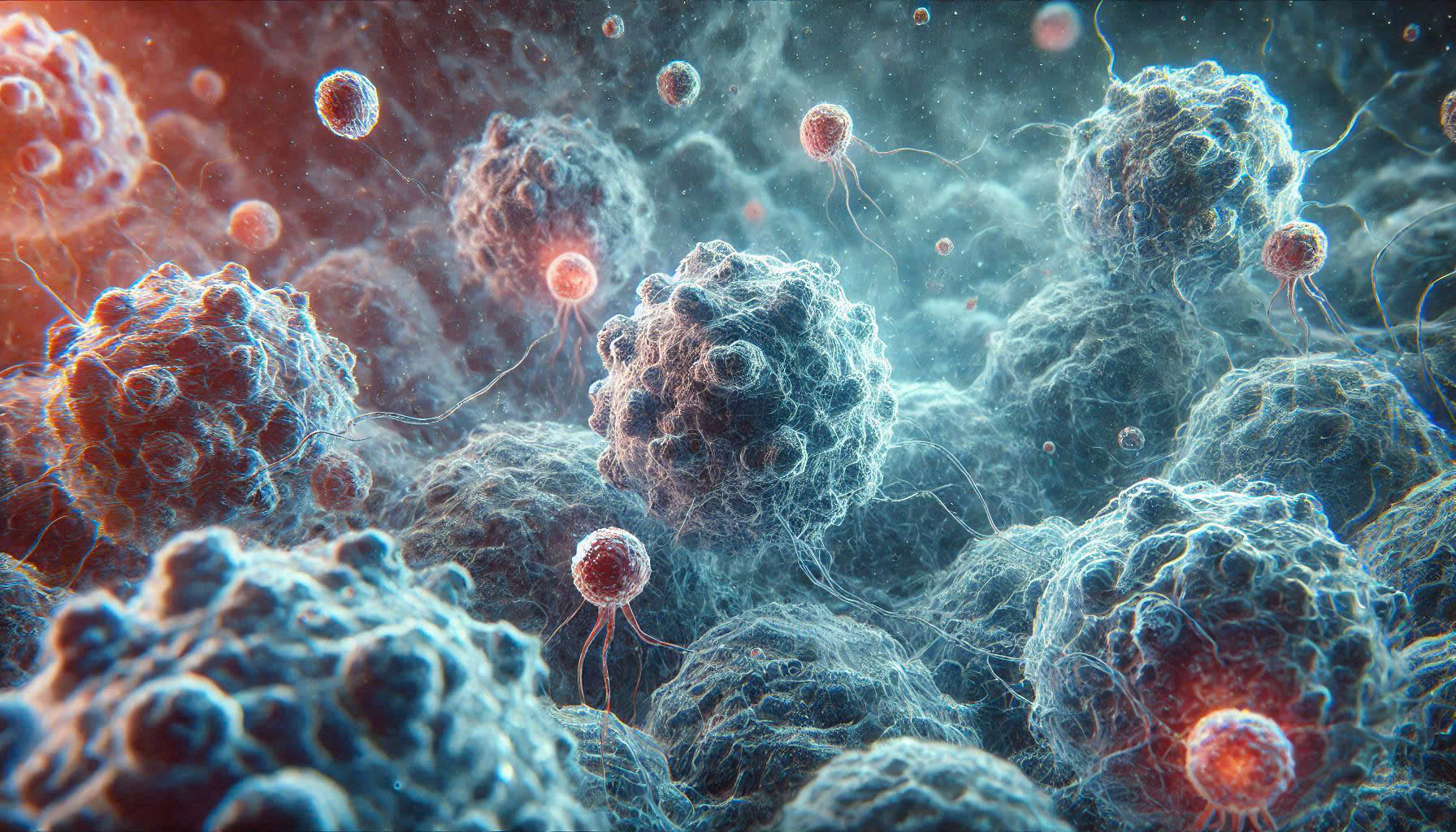
H2O2 injections combined with radiation therapy helped breast tumors shrink by an average of 97% - 300% faster than normal radiation therapy.
The solution used in therapy has a concentration of 0.5%, much weaker than in conventional antiseptics.
As this solution breaks down in the body, it creates an oxygen-rich environment that stresses and weakens cancer cells, making them more susceptible to radiation (cancer cells have evolved to thrive in oxygen-depleted environments because the network of blood vessels that deliver oxygen to them often cannot keep up with their growth).
Now, a trial involving 184 breast cancer patients at six hospitals in the UK will assess the effectiveness of the breakthrough treatment in patients with tumours larger than 3cm and whose cancer has spread. Half of the patients will receive the drug alongside radiotherapy, while the other half will receive radiotherapy as a control.
Source: https://thanhnien.vn/dot-pha-tri-ung-thu-phuong-phap-moi-lam-tang-hieu-qua-xa-tri-gap-300-185250115144518748.htm























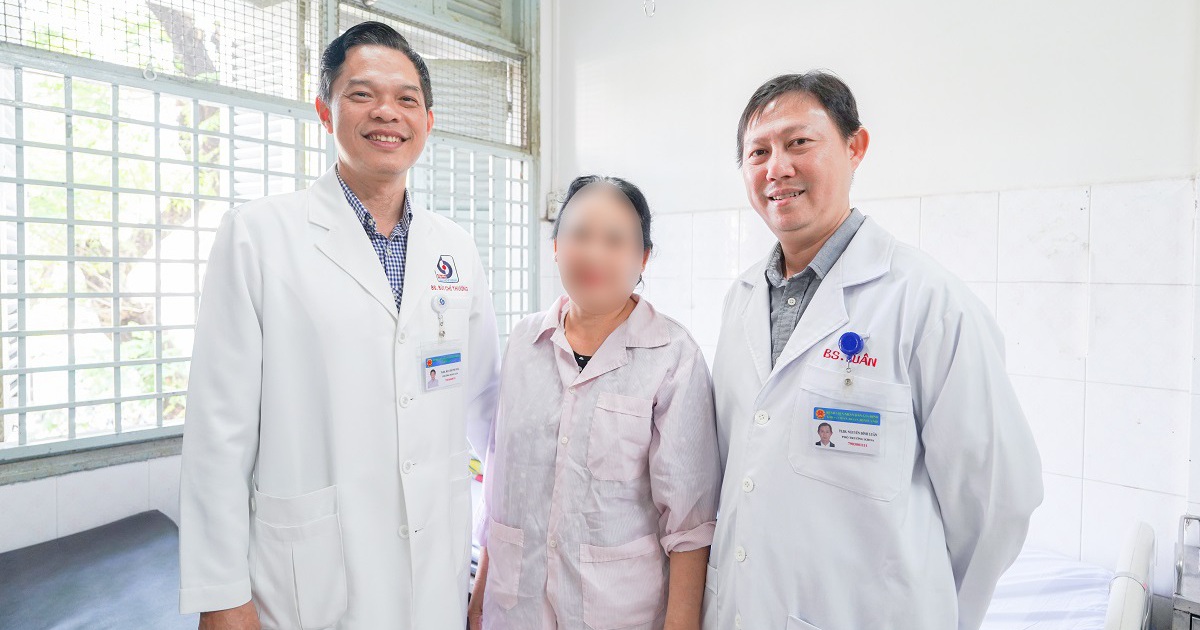
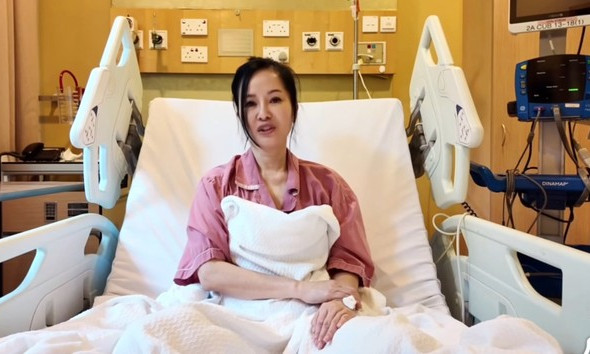
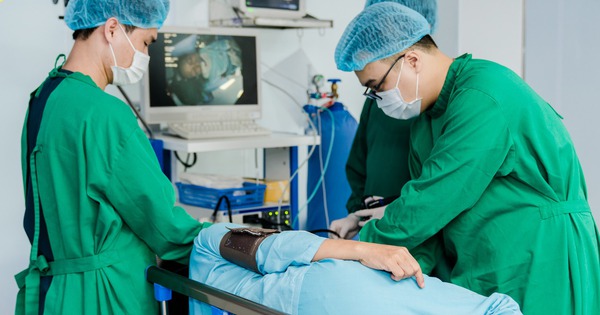

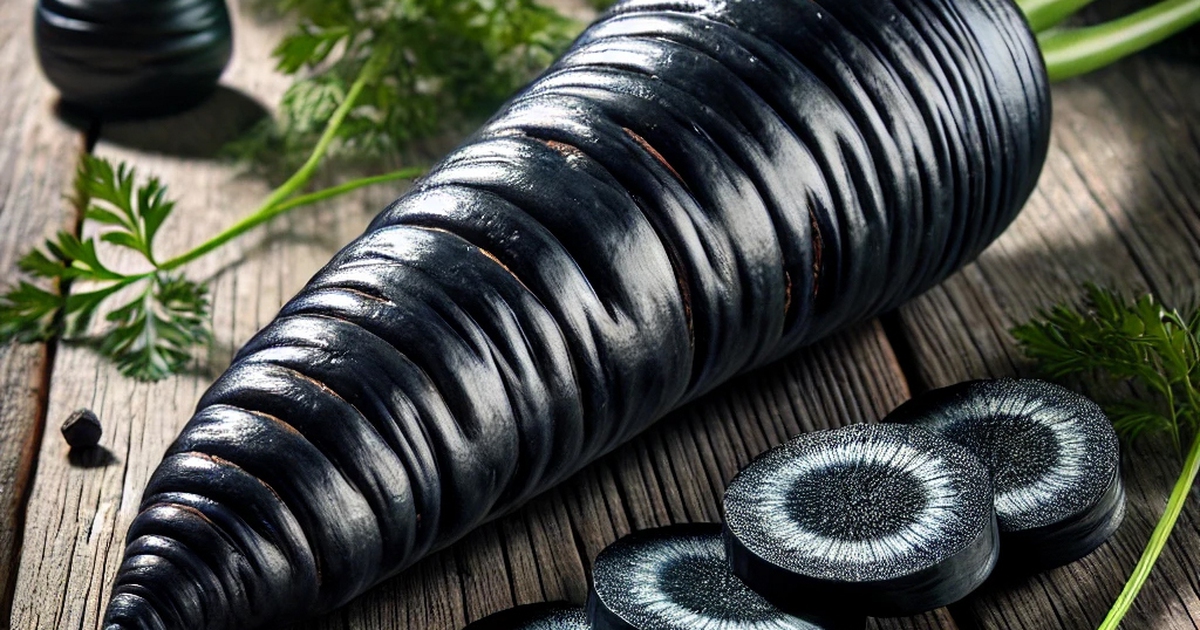
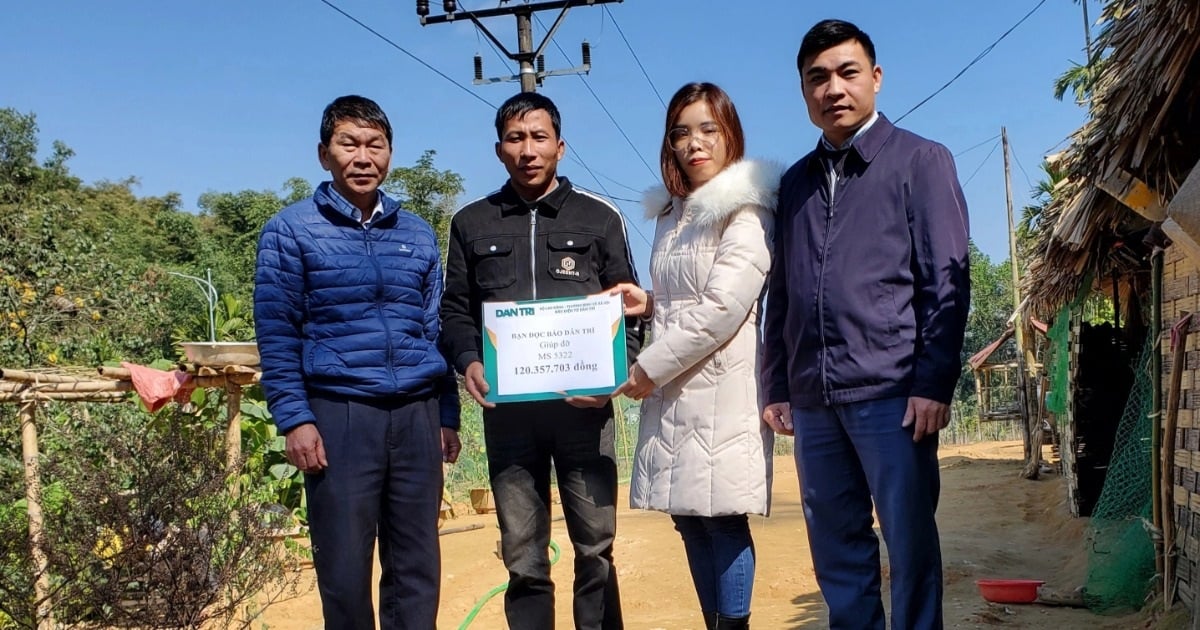





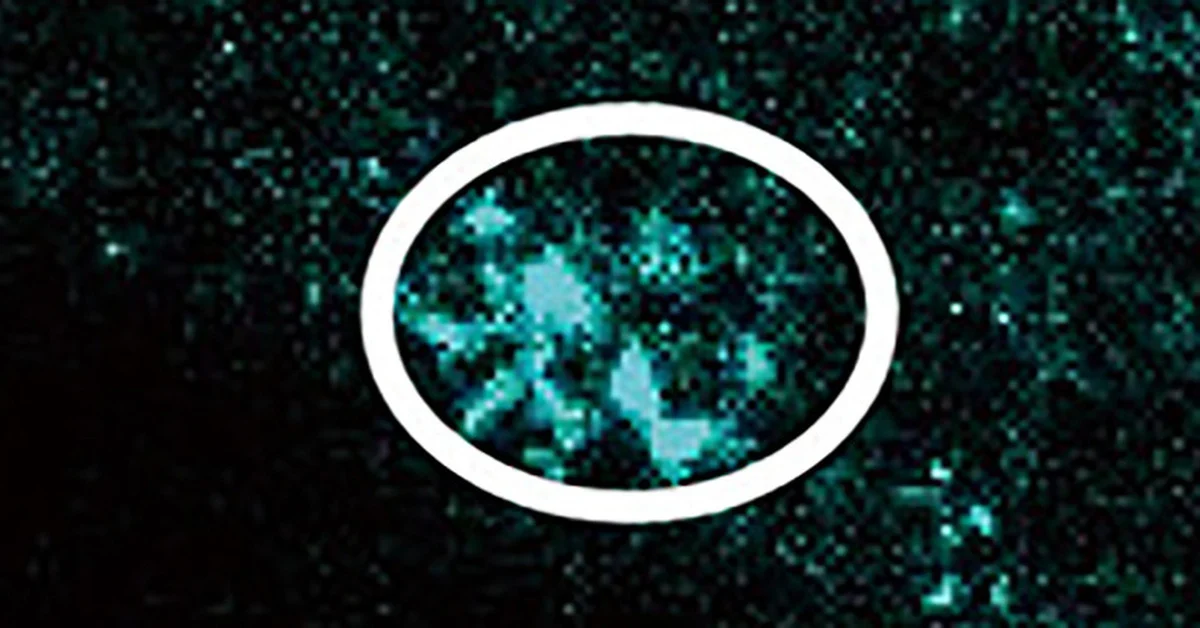
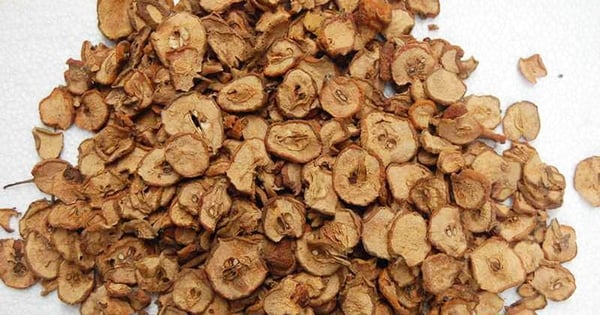






















Comment (0)